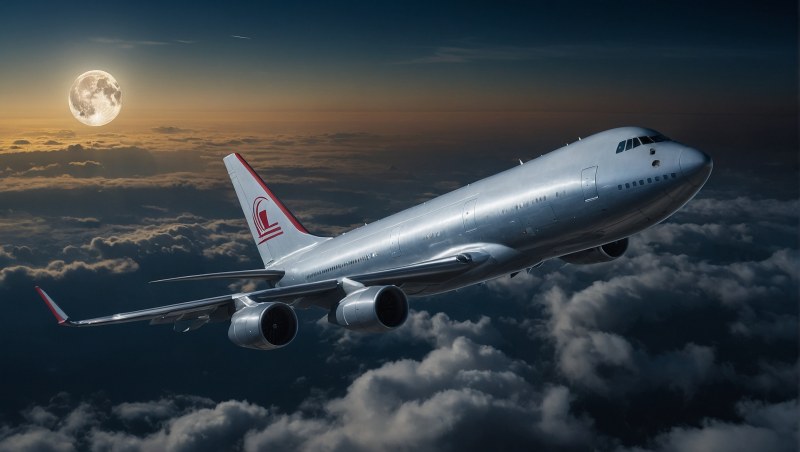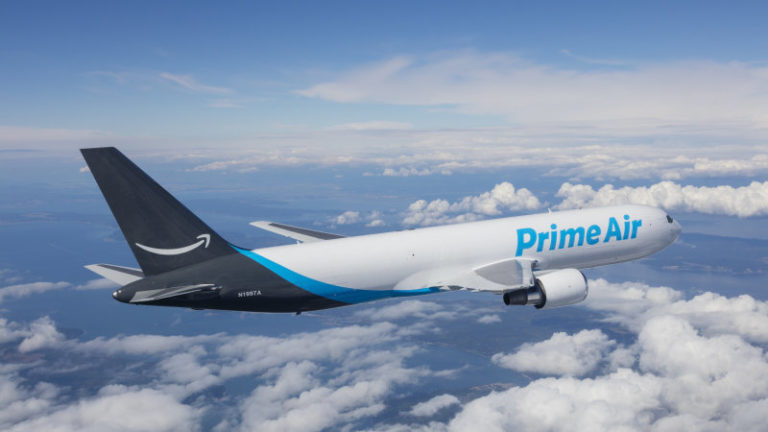Amazon Air Cargo is now selling space in the holds of its planes to third parties, as announced in a LinkedIn post in September 2024, thus launching a third-party cargo transport service. The airline, part of the e-commerce giant, operates domestic networks across North America, Europe, the Middle East, Africa (EMEA), and Asia, with a fleet of over one hundred aircraft, including Boeing 737s, Boeing 767s, and Airbus A330s, conducting more than 250 daily flights. Amazon has specified that it can offer air transport for a wide range of goods, including perishables, hazardous materials, pharmaceuticals, and oversized shipments.
In January 2024, Bloomberg reported that Amazon intended to become an air transport provider for third parties and would begin by filling available cargo space on return flights, such as those from Alaska and Hawaii. Now, analysts are questioning whether this extension of services is simply a way to balance flight loads or a strategic move to compete directly with cargo carriers, particularly express companies like UPS and FedEx. Both scenarios are plausible. On one hand, Amazon Air Cargo reduced its volumes in 2024 due to a decline in e-commerce activity following the pandemic boom, streamlining its network with a hub-and-spoke model, which resulted in fewer airport destinations. On the other hand, it has already begun offering third-party ground transport services to businesses not selling through its e-commerce platform.



































































